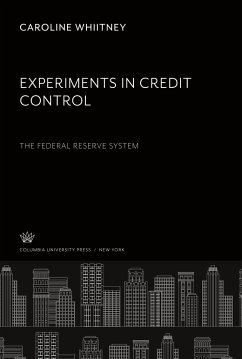
Experiments in Financial Democracy
Corporate Governance and Financial Development in Brazil, 1882 1950
Versandkostenfrei!
Versandfertig in 1-2 Wochen
84,99 €
inkl. MwSt.
Weitere Ausgaben:

PAYBACK Punkte
42 °P sammeln!
This book is a detailed historical description of the evolution of corporate governance and stock markets in Brazil in the late nineteenth and twentieth centuries.














